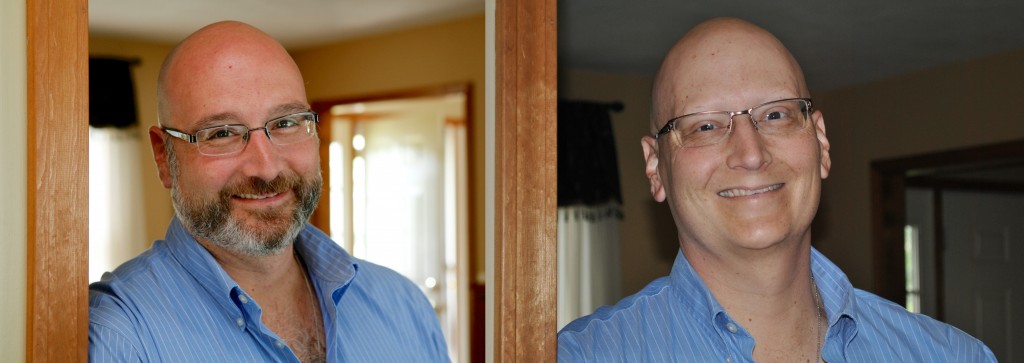The New Librarianship Master Class/MOOC is its third week, and the question can be asked…whats next? What happens after the August 4th end date for the course? The short answer is, the conversation can continue. What follows is some specific answers, and some longer term plans.
On August 5th, the tests and assessments in the course will disappear. This will allow us to grade the work, and certify folks seeking Continuing Education Units and graduate credit. See the FAQ for more details on receiving credits.
However, the rest of the course will remain open, as will enrollment for anyone wanting to join the course after the 4th. The hope is that two things will happen:
- The course will remain available to those who want to learn about new librarianship, and
- The conversation about librarianship will continue.
The videos, slides, readings, and structure will remain available. As a reminder, all of these are also available via Creative Commons License, so please use these materials in any way you would like. I need to be clear, that after August 4th, I personally will do my best to monitor the course, but Syracuse University can’t make a formal commitment to support instructors. Jill Hurst-Wahl, Megan Oakleaf, and Jian Qin have done a tremendous job in engaging in conversation, but alas, they have lives outside of new librarianship (unlike me). So it will become more self-service.
What I am really hoping is that after the crush of completing the course, and folks have time to catch up on the discussion boards, the conversation can continue as well. I have been very impressed by the sharing and thoughts on the future of the field. I know there are a lot of forums that the profession uses to talk, and if the MOOC can continue to be one, I am happy.
We’ll also be sharing what we’ve learned. I’m working on a behind the scenes screencast that highlights the technologies used in the course. I’ll share data as it becomes available.
As for future offerings? We’ll see. One idea that has been floated is building out week 3 of the MOOC for an offering aimed at “overseers” of libraries such as board members, principals, faculty, provosts and so on. If you have ideas on that, please share. We’re also working on creating a resource list of readings, videos, and resources brought up in the MOOC dialogs.
UPDATE July 29th: CEU Option Extended:
by popular request, we are extending the CEU deadline. Starting August 5th we’ll be identifying folks who have successfully completed the quizzes & evaluations and sending out Certificates of Completion, and a link to get formal CEUs if you so choose. However, the courses and quizzes will remain open until September 4th for those needing more time to complete the course for CEUs. So on September 5th we’ll once again identify those who have completed the MOOC and send a certificate of completion and link to get the CEUs if you choose. After that, the course will still be available, but not for credit. PLEASE NOTE, that after August 4th, there will be no regular monitoring by the Syracuse instructors.

